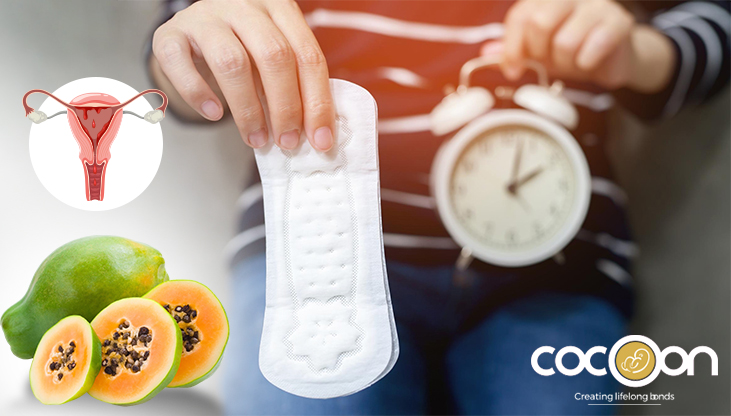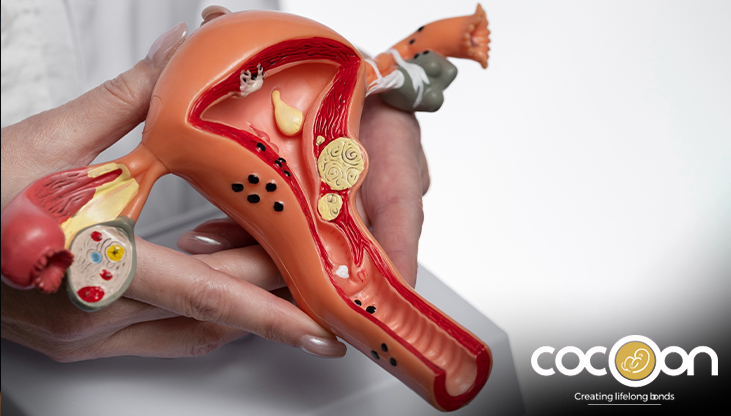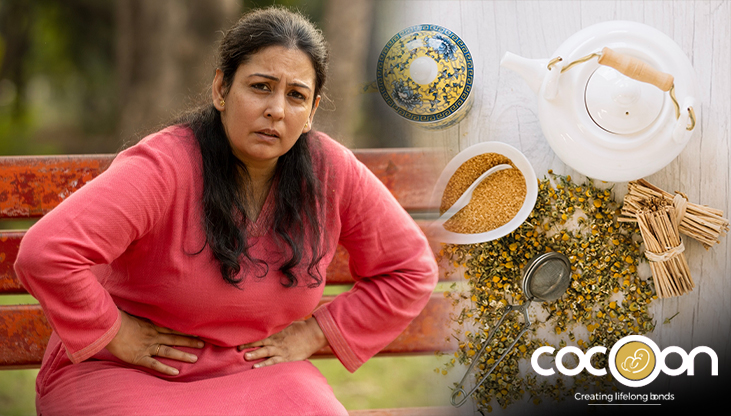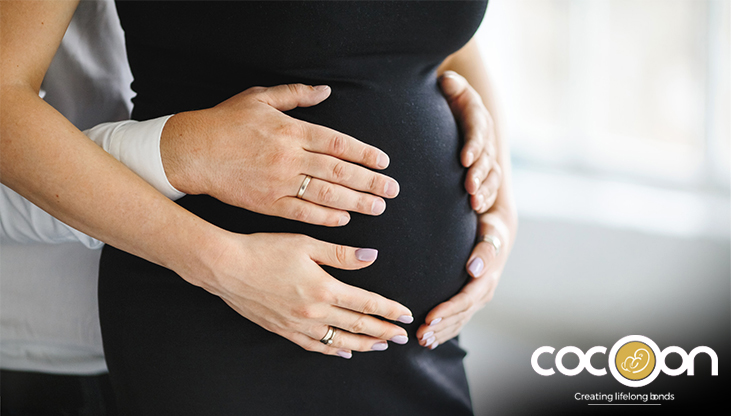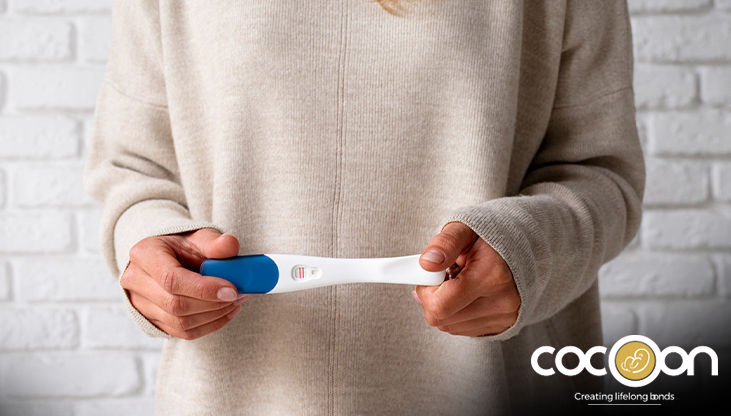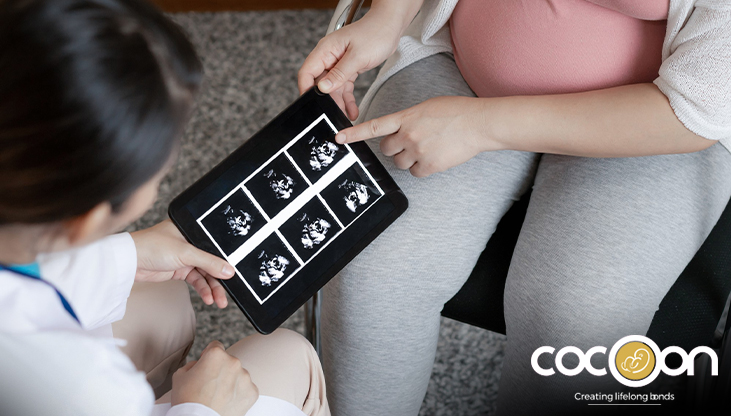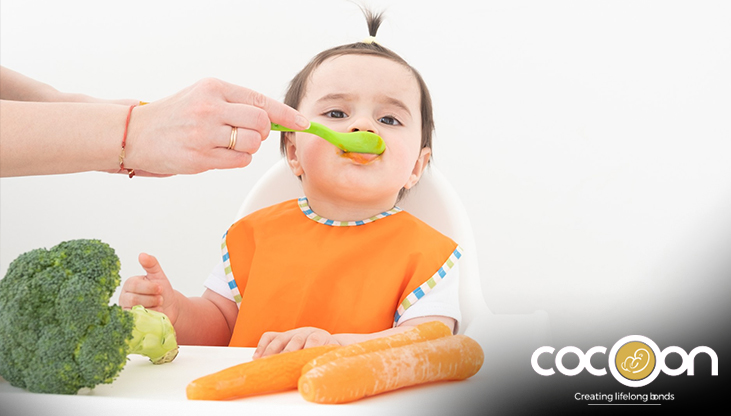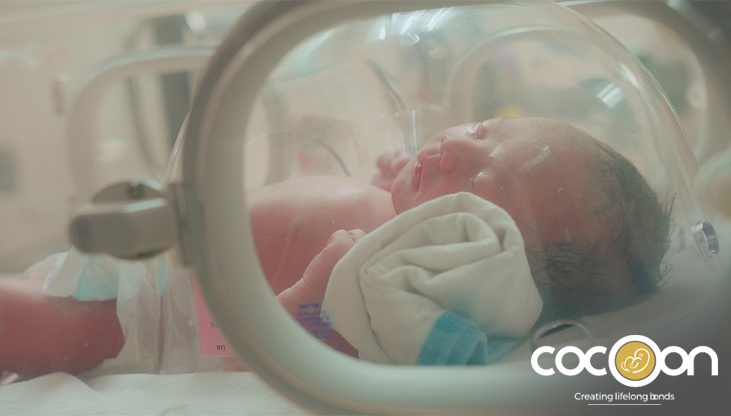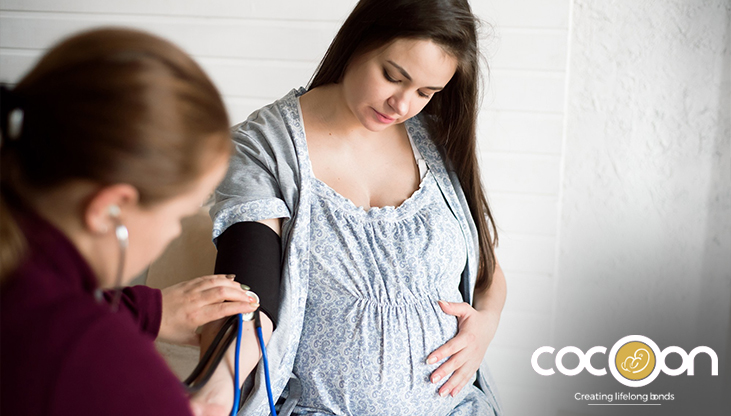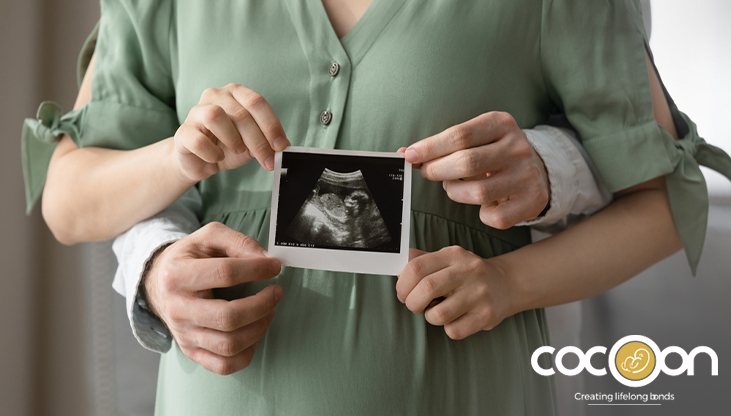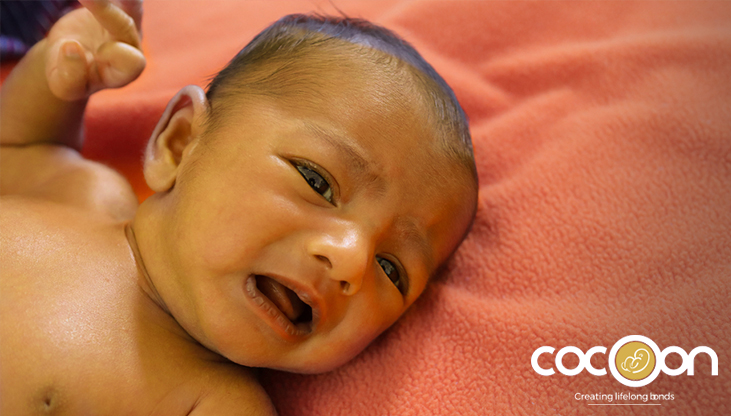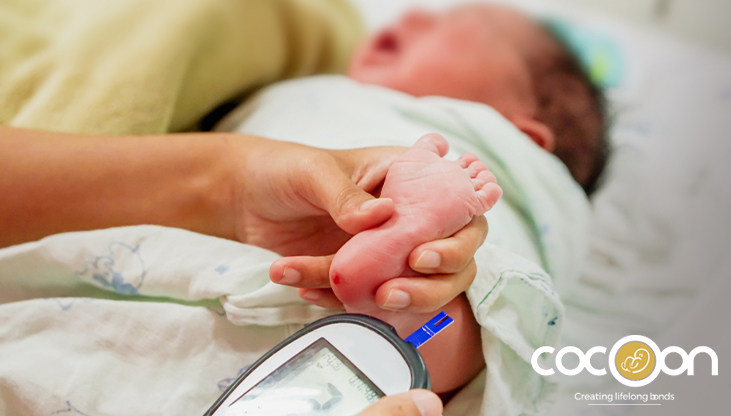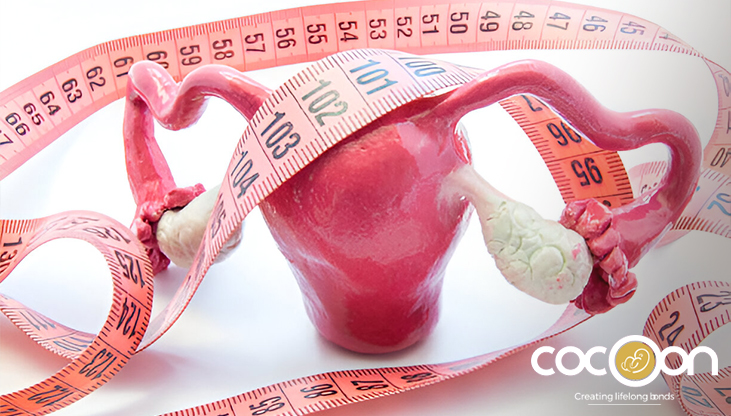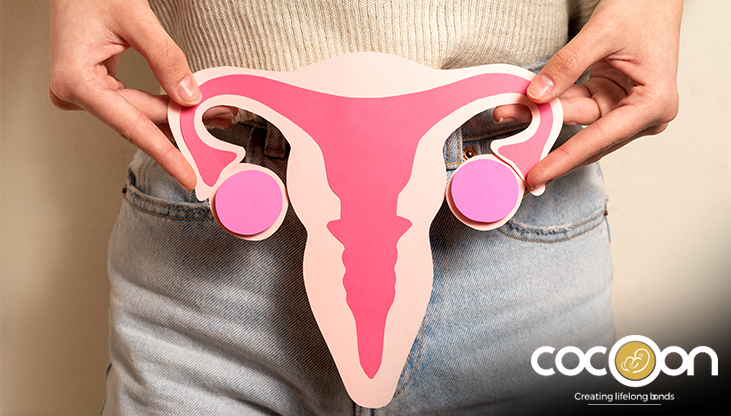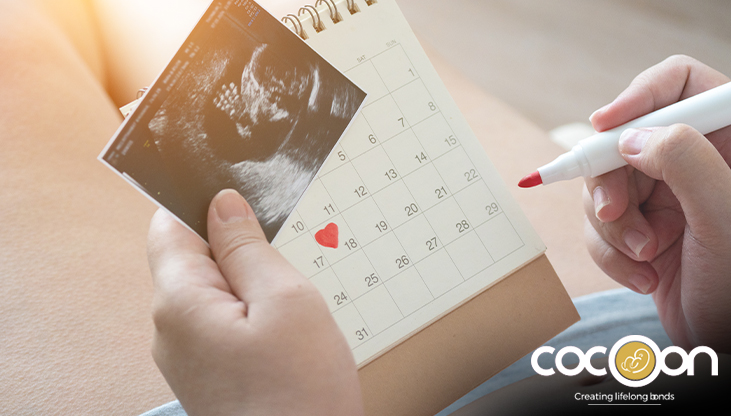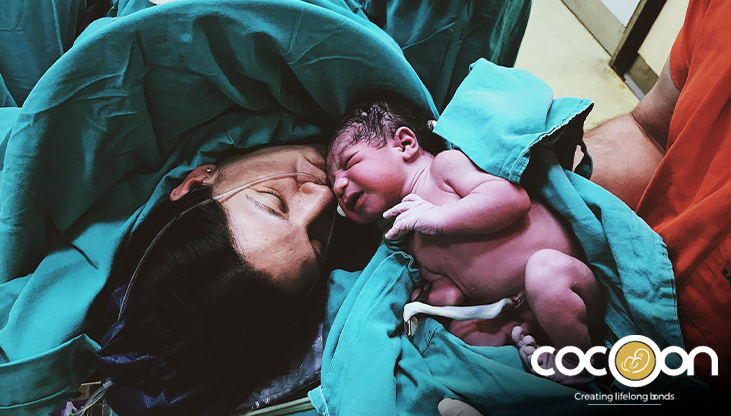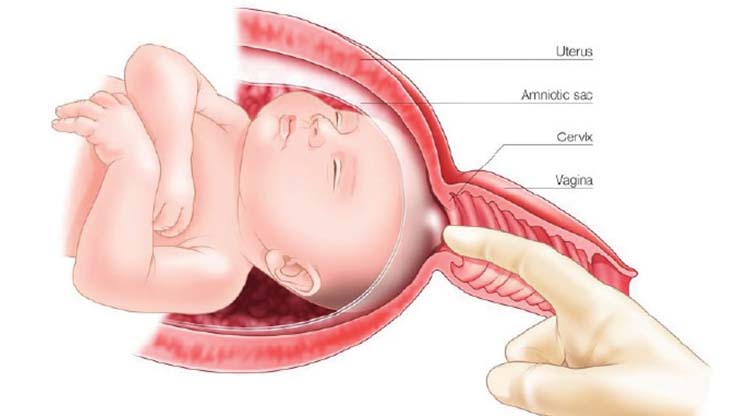The cosy comfort of winter, wrapped in layers of blankets and filled with holiday cheer, is truly unmatched. However, while the season may encourage you to venture out and stock up on baby essentials, it's important to remember that winter can be a challenging time during pregnancy. The cold weather brings an increased risk of infections like colds and the flu, making pregnancy and winter not the most compatible pair. Therefore, extra precautions are necessary to ensure your safety and well-being. Regular checkups with your obstetrician are crucial to protect both you and your baby from seasonal health risks.
If you're wondering how to navigate pregnancy care during the winter months, this article offers valuable tips. Let's explore how you can stay healthy and safe while caring for yourself and your baby throughout the colder season.
What Are the Challenges of Pregnancy and Cold Weather?
Winter pregnancy comes with some unique challenges that require special care and attention to ensure the well-being of both the mother and the baby. The challenges include:
Dry Skin
Since winter air is dry, it can cause skin dryness and itchiness. Being pregnant can make you more prone to skin sensitivity and dryness. Hence, make sure that you stay hydrated and use moisturizers throughout the season.
Cold Exposure
The chilly weather can expose you to cold temperatures leading to increased fatigue, discomfort, and more chances of catching respiratory infections.
Limited Sunlight
A decrease in daylight hours in the winter can also affect mood and even add up to vitamin D deficiency. Since vitamin D is vital for bone health, it is crucial to discuss the supplementation with your doctor, especially during winter.
Flu Season
Winter also coincides with flu and pregnancy can make you more vulnerable to catching the infection.
What Nutritional Changes Should You Make During Winter Season?
During winter, pregnant women should focus on maintaining a healthy diet to support the growth of the foetus. Also, before making any changes to your diet, make sure to discuss and confirm with your doctor.
Vitamin D
Since winters restrict your exposure to sunlight, hence you may require vitamin D-rich foods in your diet including dairy, fish, or supplements as suggested by your doctor.
Omega-3 Fatty Acids
Omega-3 is required for the proper development of foetal brain and eyes. You can find this in fish, flaxseeds, chia seeds, walnuts, and so forth.
Iron-rich Foods
Iron is one of the important nutritional requirements during pregnancy as it prevents anaemia and increases blood volume. Iron rich foods include lean meat, fishes, fortified cereals, beans, and so forth.
Calcium Rich Foods
Similar to iron, calcium is also required for foetal bone and teeth development. Calcium rich foods include dairy, yoghurt, and cheese.
Iodine
Iodine is important for brain development and for the thyroid to function properly. Iodine can be consumed from iodized salt and seafood.
How To Take Care of Yourself In Winters?
Winters can be harsh during pregnancy. You can, however, take good care of yourself by keeping a few things in mind:
1. Wear comfortable and warm clothes. If required, you can also invest in a maternity coat.
2. The dry season may also require you to increase your water intake. To avoid dry skin and dehydration, chug down some additional water during the season.
3. The chilly weather brings along the season of flu. In such cases, consult your obstetrician if you can get a flu shot during pregnancy. In addition, make sure that you wash your hands frequently to avoid catching infections.
4. Keep your skin moisturized and hydrated with natural moisturizers including glycerin or shea butter.
5. Visit your obstetrician frequently for prenatal checkups.
To Sum It Up
Embracing a healthy winter pregnancy means taking care of yourself while navigating the challenges of the season. In addition to adjusting your diet to suit the colder months, it’s important to stay active. However, before making any significant changes to your routine, be sure to consult with your doctor.
Frequently Asked Questions
1. How can I take care of myself during winter?
During winter, make sure that you have good nutrition, drink more water, stay warm by wearing comfy clothes, avoid dry skin with moisturizers, and stay active with low-impact exercises.
2. Does cold affect babies during pregnancy?
Although cold can be uncomfortable, it does not affect you or your baby during pregnancy.
3. What happens to the foetus if the mother has a cold?
If you catch a cold during pregnancy, it will not affect your baby.




































